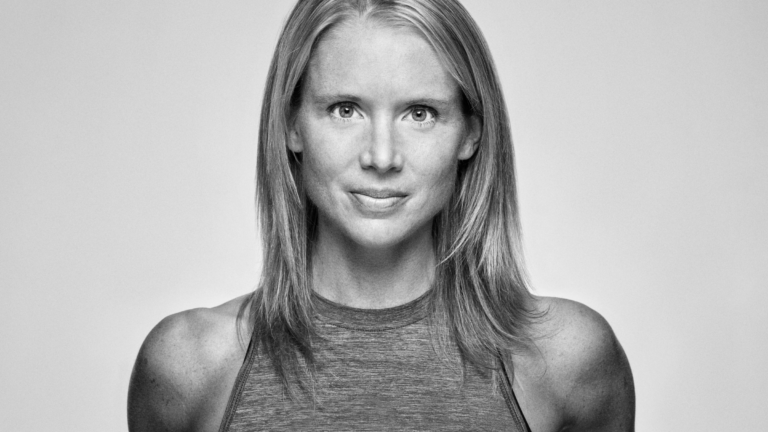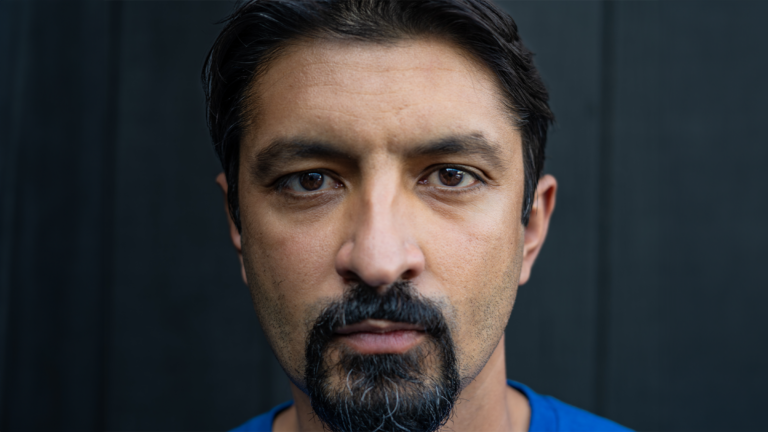This week’s conversation is with Tony Blauer, a coach in the martial art, self-defense, defensive tactics, and combatives industry for over four decades.
He founded Blauer Tactical Systems (BTS) in 1985 and it has grown into one of the world’s leading consulting companies specializing in the research and development of performance psychology, personal safety, and close quarter tactics & scenario-based training for law enforcement, military, and professional self-defense instructors.
After decades of interviewing victims of violent encounters and studying violence, he also created the KNOW FEAR® program which focuses on managing fear through self-awareness, resiliency, and a ‘movement’ mindset. This program has also been integrated by psychologists helping Vets to deal with PTSD.
You may be familiar with Tony’s work from his first time on Finding Mastery in early 2020 (episode #208).
The world has changed quite a bit since then so I wanted to have Tony back on to further discuss his approach to combatting fear.
“If you learn how to manage fear, you literally change your relationship with fear. You change your life”
In This Episode:
Instincts, intuition, and intelligence
Somebody’s worrying about if they’re going to make the right decision in life, in whatever, their confrontations in business, interpersonal relationship, family, or maybe a violent encounter. Am I doing the right thing? How do I know I’m doing the right thing? Imagine if I was a type of martial artist, self-defense instructor who said, this is the gun disarm you do whenever the gun was here. What I would have eliminated from that was what I call the three “I”s: instincts, intuition, and intelligence. Before I teach anybody anything, I ask them just to get in touch with their instincts, their intuition, and intelligence, and then based on who they are at that moment in their life, what feels right?
How does he define fear
False Expectations Appearing Real. False Expectations Appearing Real. It’s when I’m visualizing an event in my mind, that’s happening in the future. That’s now actually immobilizing me in the present. And so in this fear factory, in your mind, you’re the producer, you’re the director you’re the screenwriter, and you’re the star of the movie of your own making, where you’ve cast yourself as victim number one in this documentary that you’re producing.
Speed is the most important factor in combatting fear
We’ve sat there all of us for five minutes, for five hours or five days worrying about shit that isn’t even happening or hasn’t even happened. Time is the only thing that we can’t regenerate in our lives. We can’t get back time. We can spend time. We can waste time as the memes and all the quotes go. But the reality is this. When you get a fear spike over anything, and when you asked me to define it, my true answer is, it’s defined by the group that I’m coaching or consulting. If I’m doing something for a bunch of women and it’s a sexual assault, self-defense seminar, their fears are very different than if I’m doing something for a YPO event and I’m talking to a bunch of successful entrepreneurs. And what I’m talking about is the shit they’re worrying about that’s robbing themselves of their opportunities right now. And I make this connection and opportunities of course is just a generic word for things they need to be thinking of right now. So if I say to you in self-defense situation, “Speed is the most important thing”. And then someone goes, “Yeah, but I’m not a very fast athlete. I don’t have fast twitch muscle fibers”. And I go, “No, no, no, not that type of speed”. Speed to recognize there’s a problem. Speed to trust and read your intuition. Speed to manage the fear, spike. Speed to then choose the safest thing you could do.
Mindspeed
I love the term “mind speed”. You wake up in the morning and your tooth is hurting, you, you don’t speed dial your dentist and go, “Hey, I haven’t had root canal. I really want that experience in my life. It’ll add to the tapestry of my human consciousness. When can you operate?” You don’t call your dentist right away. In fact, you wait days as it gets worse. And then he gives you shit for saying, he or she gives you shit, “You should have come in right away”. Right? Because if we fear something’s bad, it’s natural to want it not to be happening. When we get any fear spike, we have our cognitive brain or executive function going, “Wouldn’t it be cool to not even have to think about this today and not have that happen?” What I recognized was the people who manage their fear, managed to fight, didn’t guarantee victory, but it meant they were in the fight. And therefore they had the experience. And that experience meant, mind speed, it became a frame of reference. If you’ve done A and you’ve done B and then D happens, your brain very quickly goes, “We’re skipping C, we’re going to right here.”
The fear cycle
When I talk about the fear acronym of False Expectations Appearing Real, I remind people doubt creates hesitation, hesitation creates procrastination, procrastination unchecked creates fixation. Fixation then can turn into nonclinical or clinical anxiety.
Creating movement to combat fear
Even if it’s not the right movement, it’s better than not doing anything. And this is true. There’s nothing worse than I’m sure, and I’ve told you if you’re lying in bed and you start to get anxious, do something. Get up, do some pushups, go for a walk, read a book, put on a movie, do some meditation, do some breathing, but don’t do nothing. That’ll just get worse, that move you’ll get worse. And this is probably the most important thing that I can share with people is when you manage fear, it doesn’t mean the fear goes away. Sometimes it does. But usually what happens is you’re moving and you have little moments.
Some things we have to do scared
There’s lots of things in life that we do scared, like get married, like have kids, start a new business, defend ourselves, or quit a job and pivot during a pandemic. But we need to do them scared and if we just acknowledge that fear can be cathartic if you embrace it and turn fear into a fuel. If you recognize you and I am going to need a lot of fear to do something I’ve never done before, that represents risk to me. So should I be afraid of the fear or should I embrace the fear in that case? Well, embrace it. If you’re expanding your comfort zone, there will be fear. So let the fear be the fuel.
His color coding system for overcoming fear
But our fear loop is red, our duress path is yellow. And then flow states switched on, meaning it is green. And so, I’ve got these three colors there, and I tell people, if I say to you, “Mike, I want you to do this right away,” and you stop and you go, “I wonder if that’ll work out,” or “Tony wants me to do that right away.” While you’re deliberating, you’re in what I call the fear loop, meaning there’s no action. You’re not doing anything. You’re in your mind right now. The moment you start to move, but you’re still wondering, is this going to work out? I hope I prepared properly. It’s the duress path. And I can give examples of this for a fighter, for an adrenaline sport athlete, for a business person. And so, we never want to be in the red. We always want to be in yellow or green.


